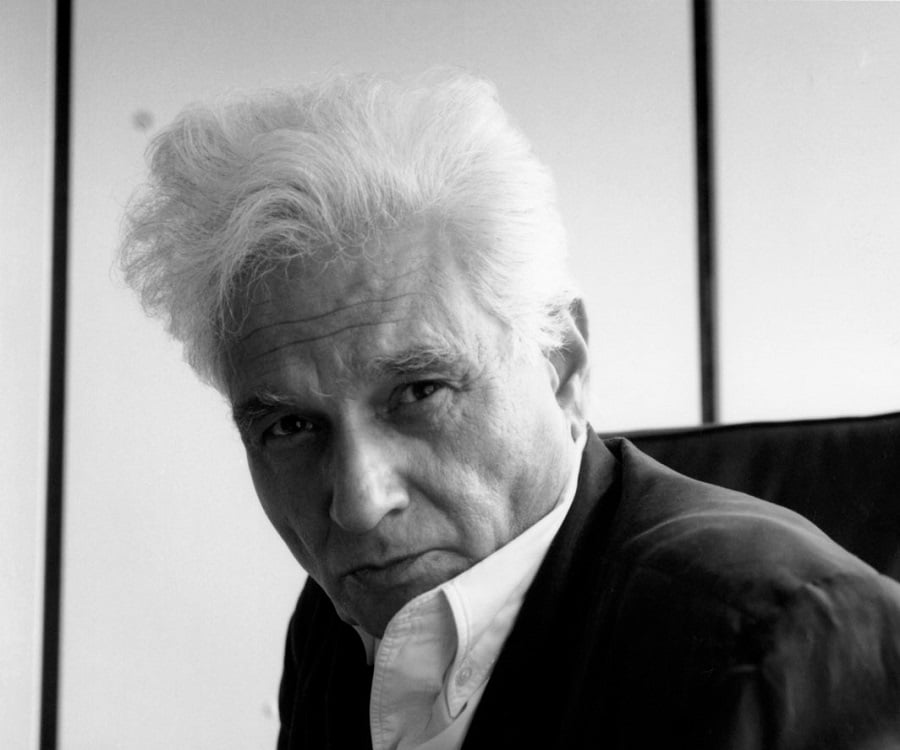The Ends Of Man Derrida Pdf


Derrida’s Other Ends of Man Linnell Secomb Published online: 7 April 2010 Springer Science+Business Media B.V. 2010 Abstract In ‘Force of law’ Derrida appears. Download: The Self Under Siege (1993) Lecture 7: Derrida and the Ends of Man.avi. Transcript: In this lecture we are going to do something that from the viewpoint of. 49 A Cosmopolitical Philosophy to Come: Derrida and the Ends of Humanity Peter Milne (Seoul National University) Between a “disappearance of man” too well known. Eurozine - Questioning authority - Alan D. Schrift Nietzsche's gift to Derrida. Be it the moral- theological tradition, God, or his own status as author, Nietzsche's.
• 266 Downloads Abstract In ‘Force of law’ Derrida appears to suggest that emancipatory ideals and human rights have a continuing relevance. This may seem a surprising proposition from a theorist often interpreted as critical of humanist and Enlightenment principles. This paper argues, however, that Derrida does not reject, outright, humanist, Enlightenment and emancipatory strategies but instead deconstructs these in order to propose alternate ‘ethical’ and ‘political’ possibilities. How To Write .ctl File In Grads more. Focusing on ‘The ends of man’, ‘Force of law’ and ‘Autoimmunity’ this paper argues that Derrida does not advocate an anti-humanism but instead gestures toward an alternate unconditional hospitality, responsibility, friendship, justice and democracy-to-come, displacing the anthropomorphism of humanism and advocating instead an openness to a heterogeneous otherness.
This video is 7th in the 8-part video lecture series, The Self Under Siege: Philosophy in the Twentieth Century (1993). Lecture Notes: I. Richard Rorty may be viewed as an 'Americanization' of Derrida: widely considered the postmodern thinkers (perhaps wrongly). Here we will use Rorty as a guide to Derrida. Derrida's emphasis is on fallibility, contingency, finitude; positions partially demonized as relativism, deconstruction, and vaguely connected to radical politics, multi-culturalism, and so on. 'Deconstruction' originates in Heidegger's project of the deconstruction of metaphysics, an 'uncovering' of the history of Being. Bgh_2014.exe - (0xc0000142). . - - here. Derrida notes, as he proceeds through a series of techniques of deconstruction as reading or misreadings of texts, that philosophers have always tried to fill in the blank in 'Being is __________.'
But they have failed due to the nature of language which is constituted by difference, materiality of marks and phonetic signs, marginality, materiality. Words do not stand for things, they stand in for them. Meanings depend not only on presence but also on absence. Words can always misrefer; a possibility once is a necessity forever. The upshot is that there are no final interpretations, no last books. Better and worse readings depend on context and purpose. Sothink Swf Decompiler 7.1 Rapidshare.